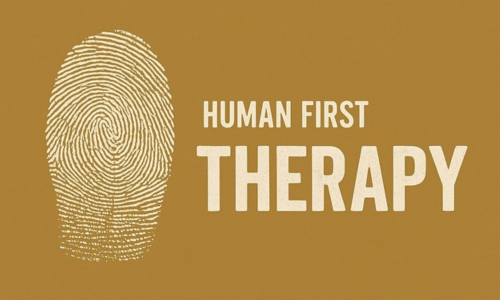What Is Humanistic Psychology?

You are not a problem to be solved. You are a person to be understood.
Humanistic psychology is a way of seeing people that centers their full humanity — not just their symptoms, diagnoses, or behaviors. It emerged in the 1950s and 60s as a gentle rebellion against the coldness of behaviorism and the gloom of psychoanalysis. Where those approaches saw dysfunction, humanism sees potential.
At its core, humanistic psychology believes that people are inherently good, capable of growth, and deserving of compassion. It trusts that we all carry inner wisdom — and that healing happens through genuine, human relationships.
In therapy, a humanistic approach means:
• You’re met with curiosity, not judgment.
• You’re seen as the expert of your own experience.
• The therapist shows up as a real person, not a distant authority.
• The work is about uncovering meaning, building awareness, and helping you live more fully — not just “fixing” what’s wrong.
Pioneers like Carl Rogers and Abraham Maslow taught that our deepest needs aren’t just survival or success — they’re connection, authenticity, and self-actualization.
Humanistic psychology reminds us: we heal by being seen, heard, and accepted as we are. And from that place, we grow.
